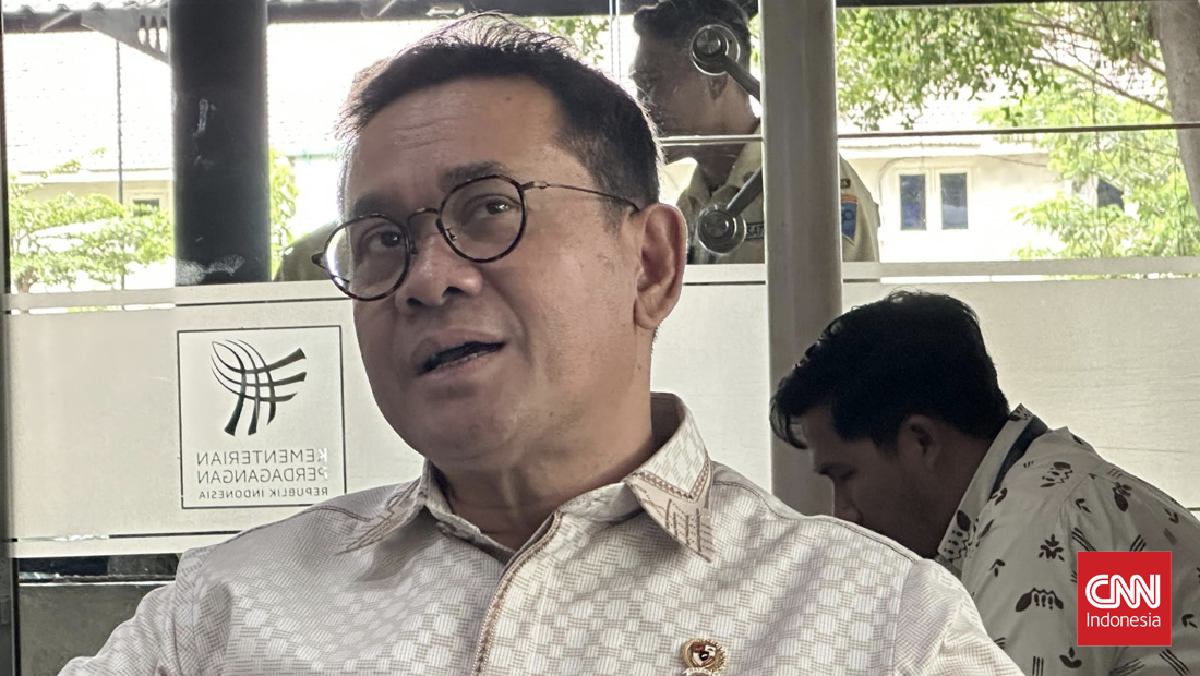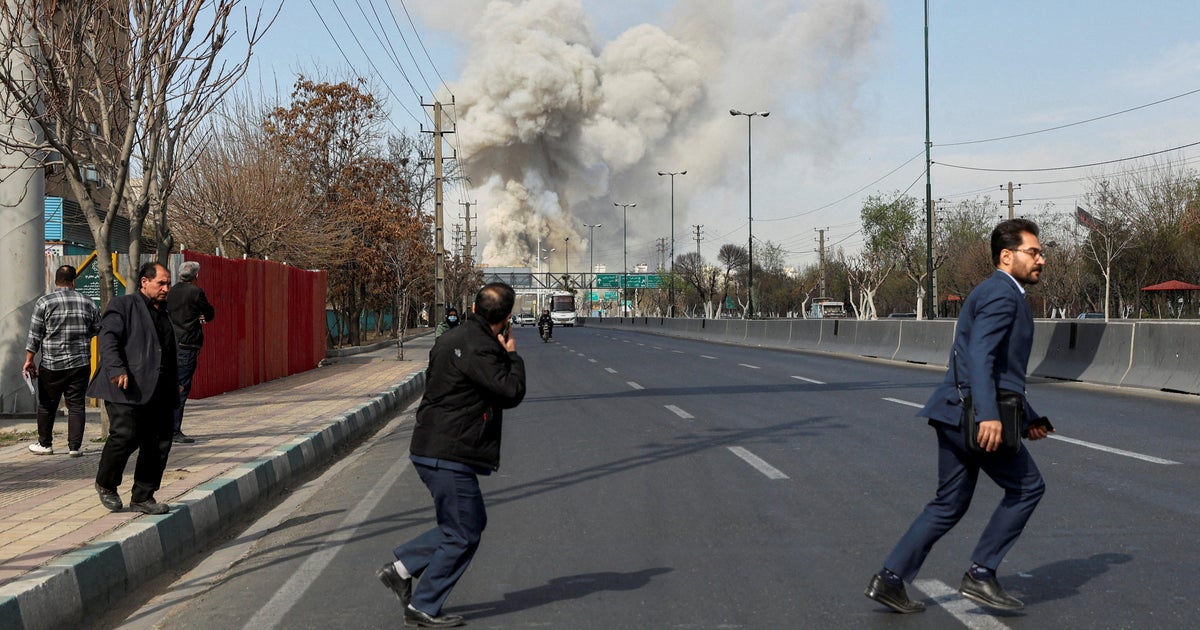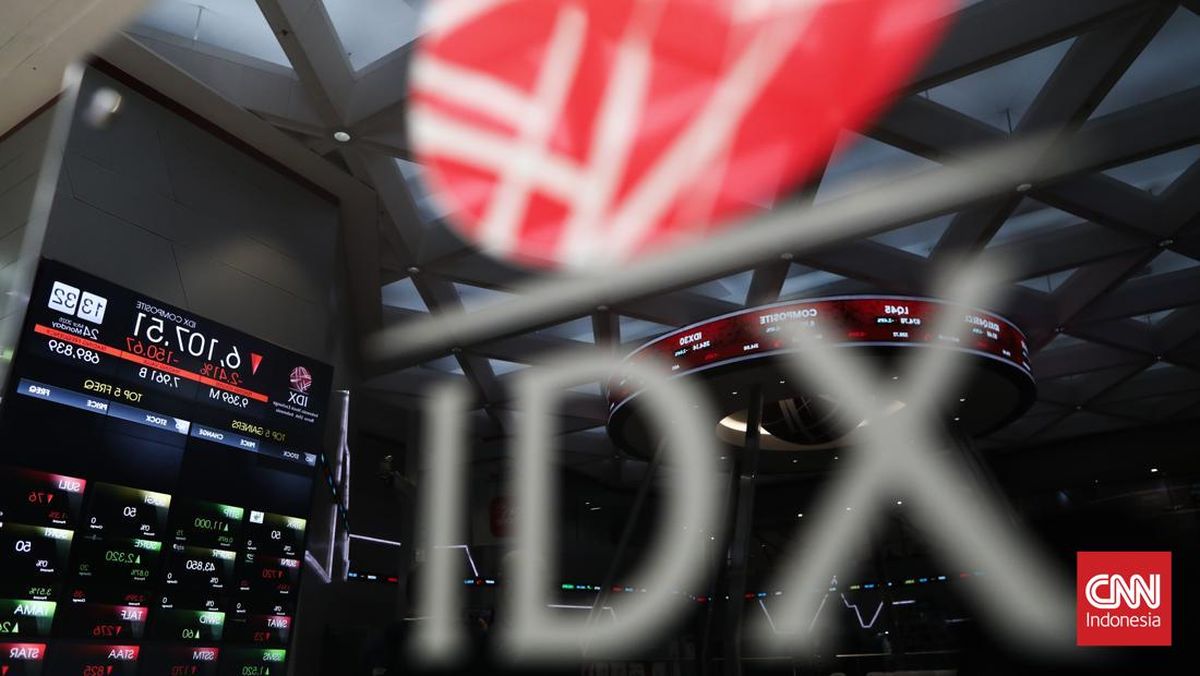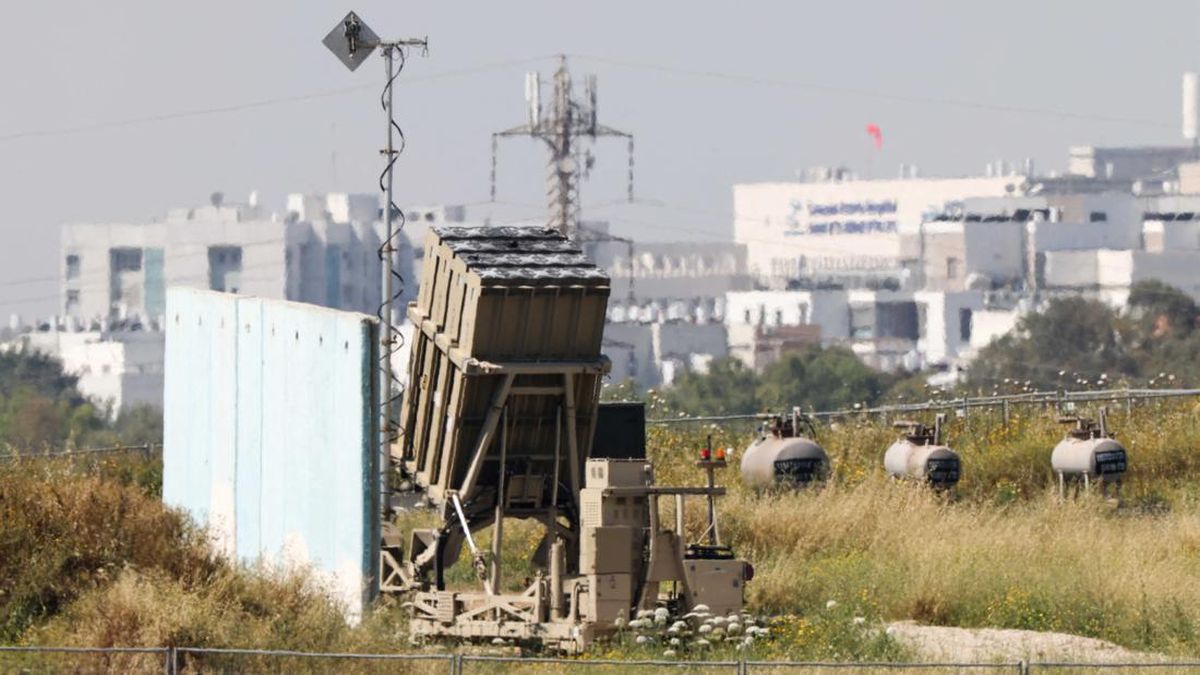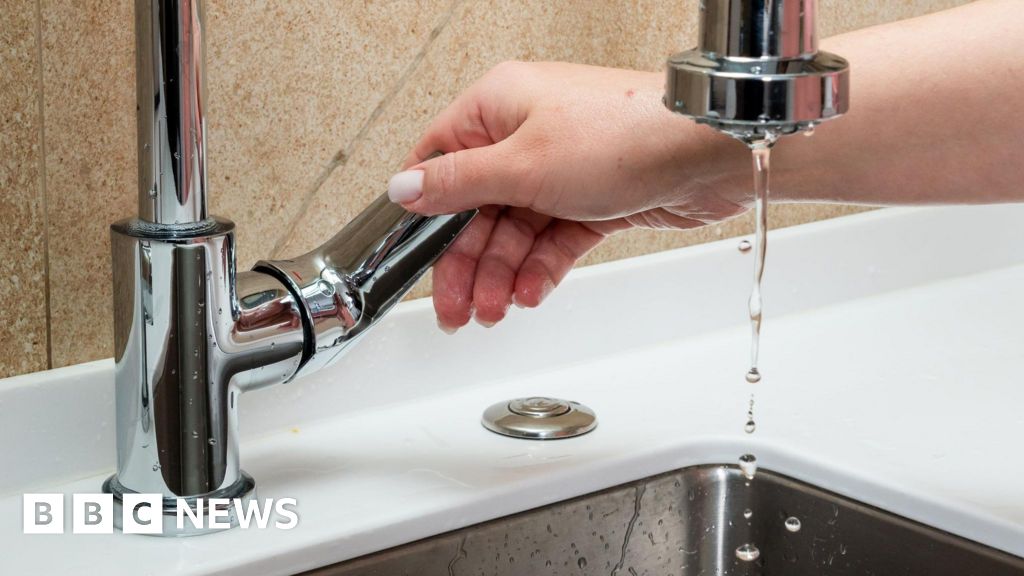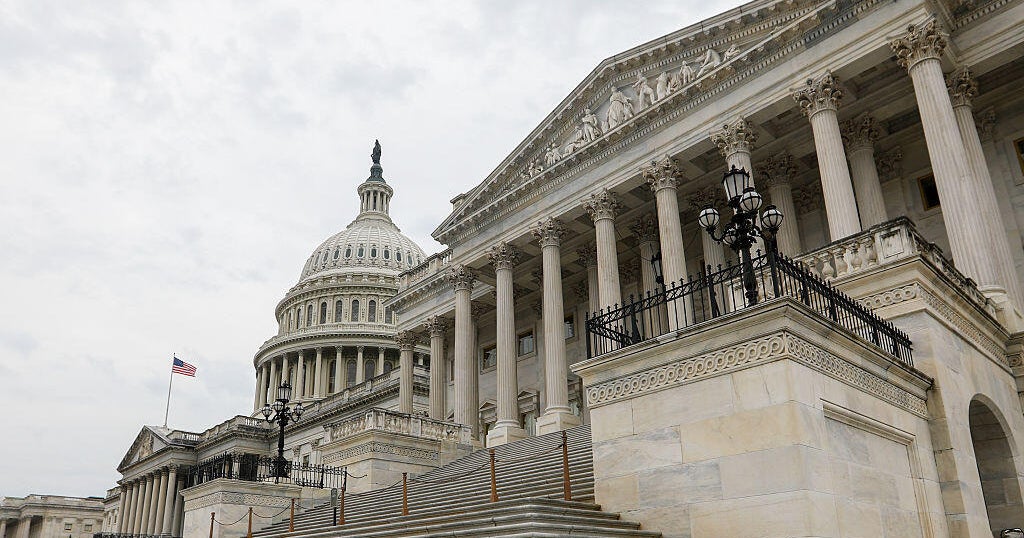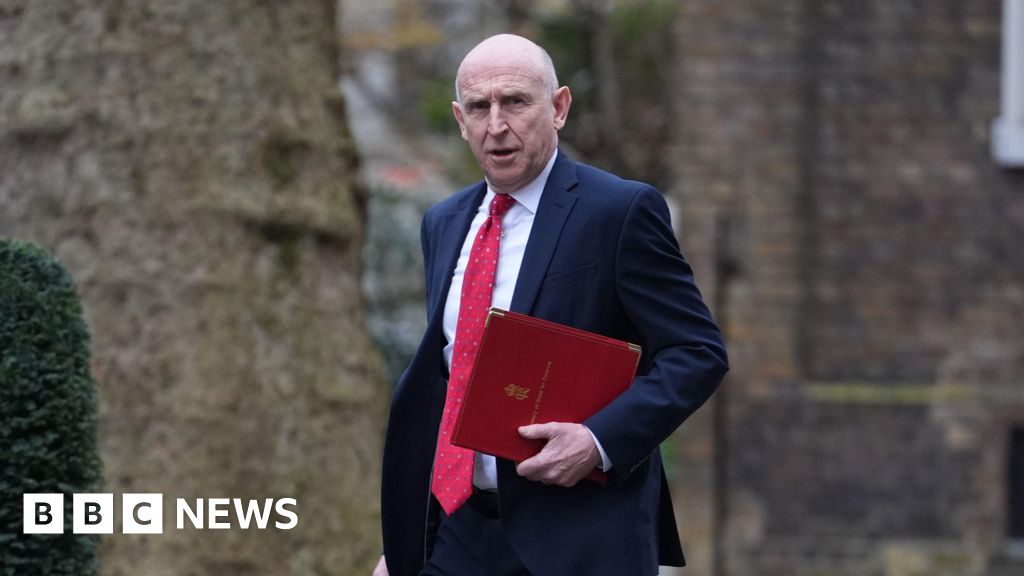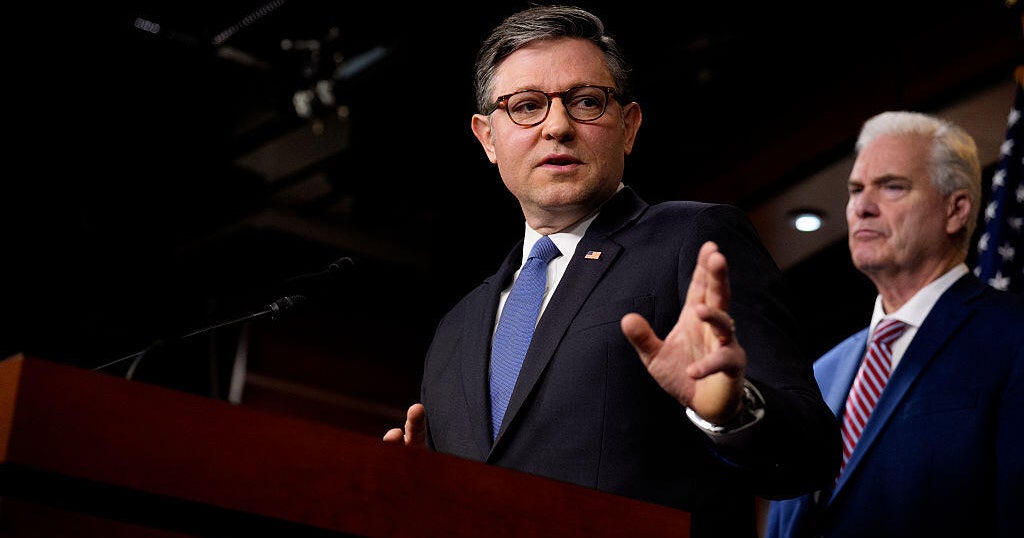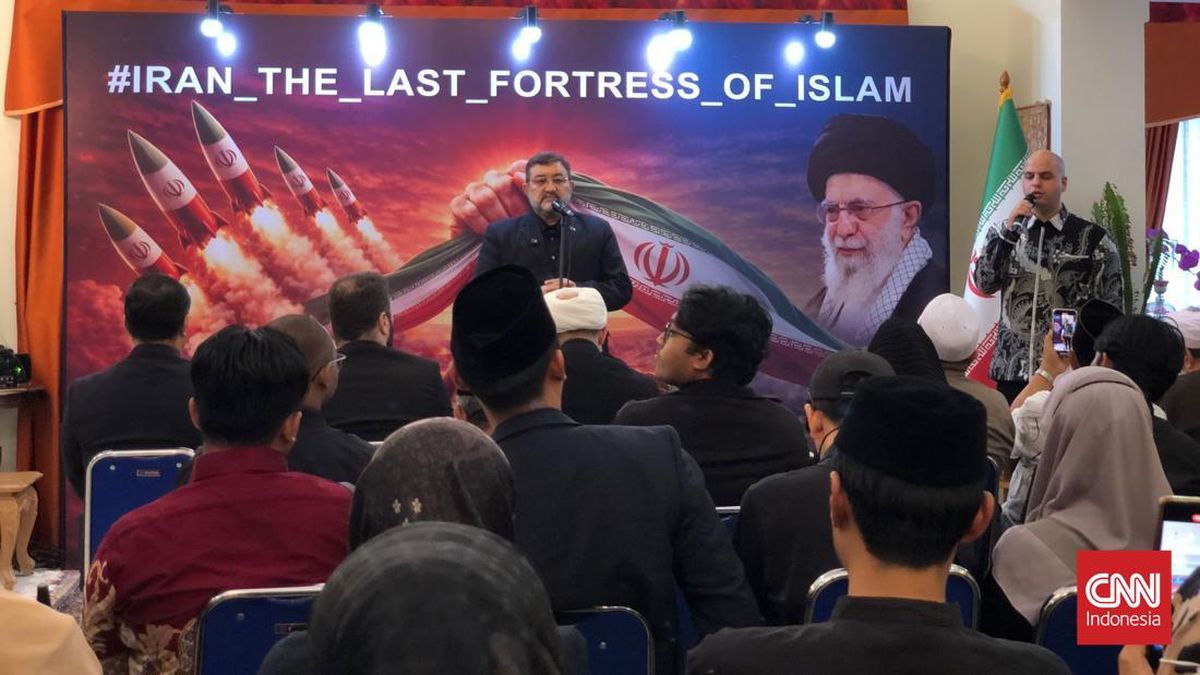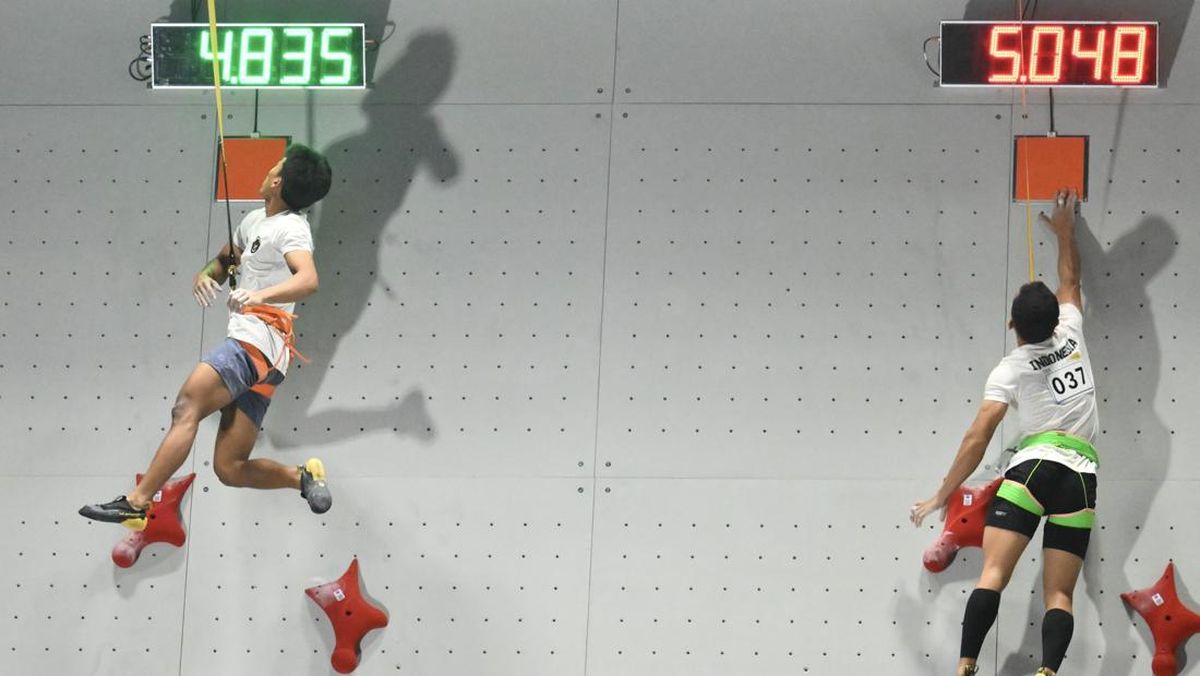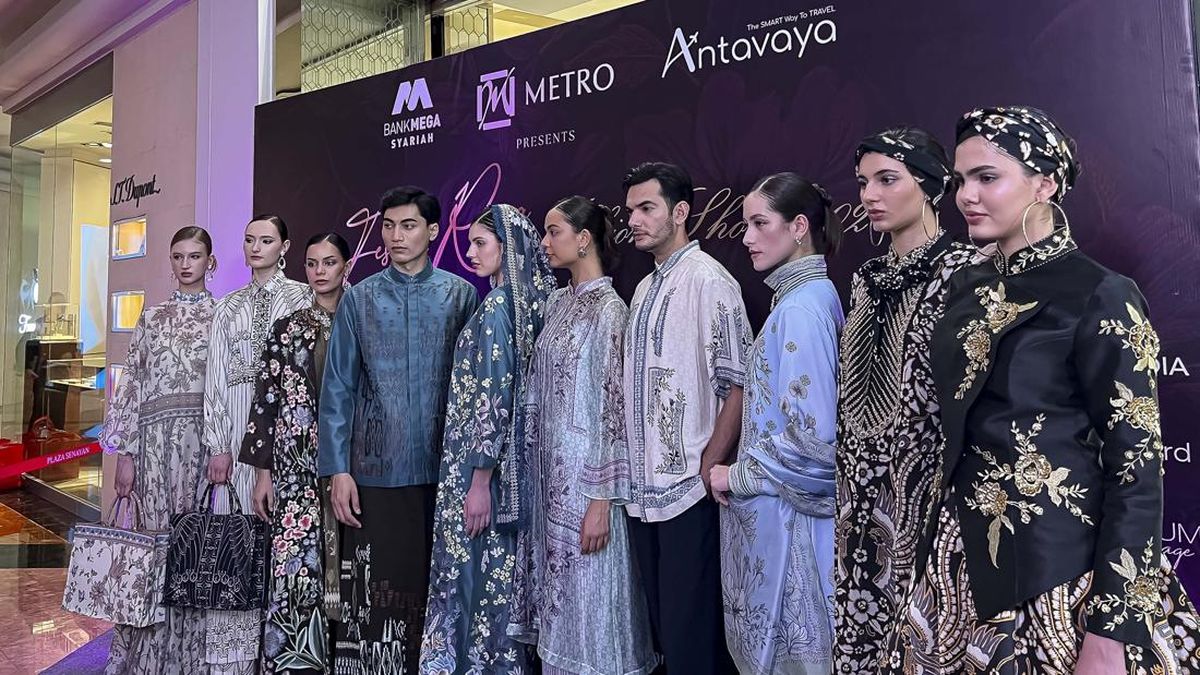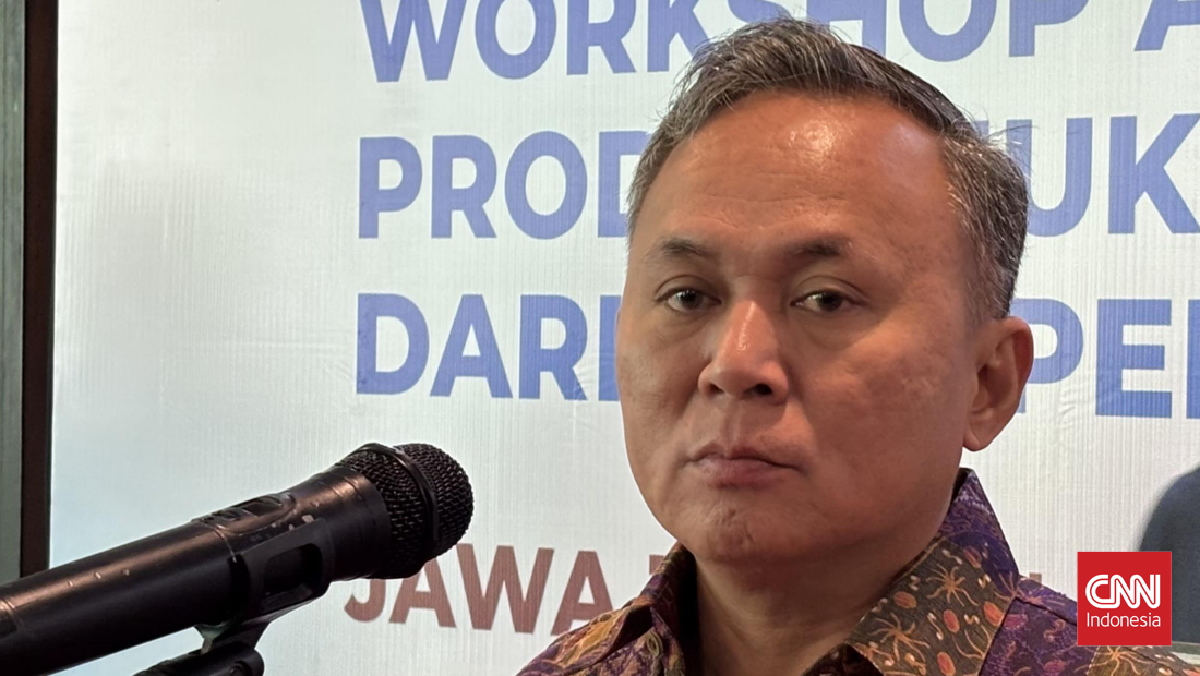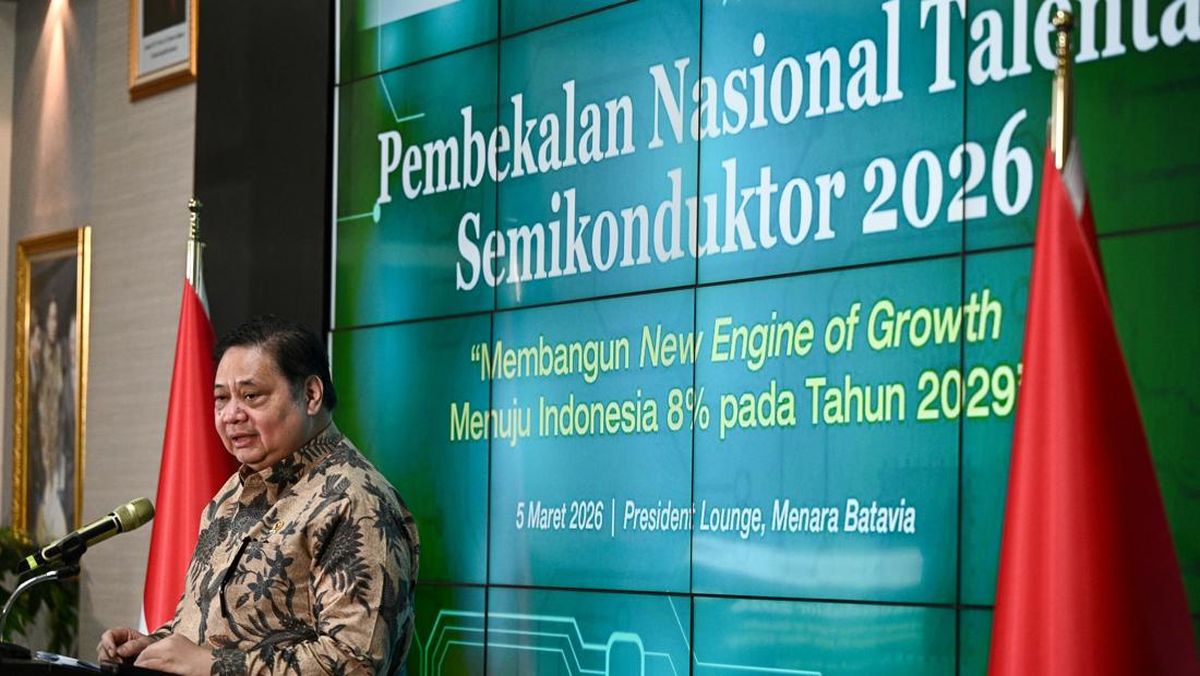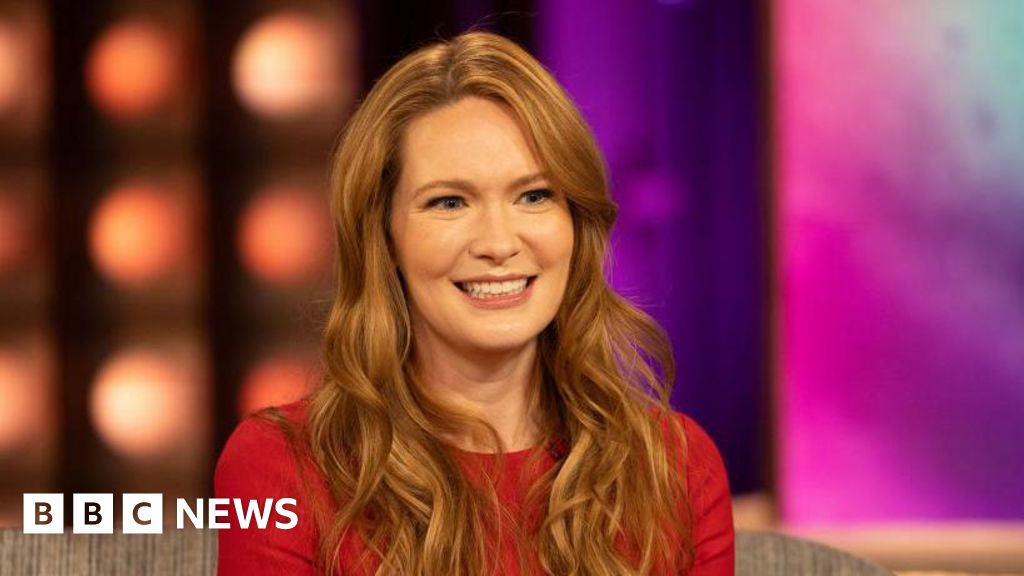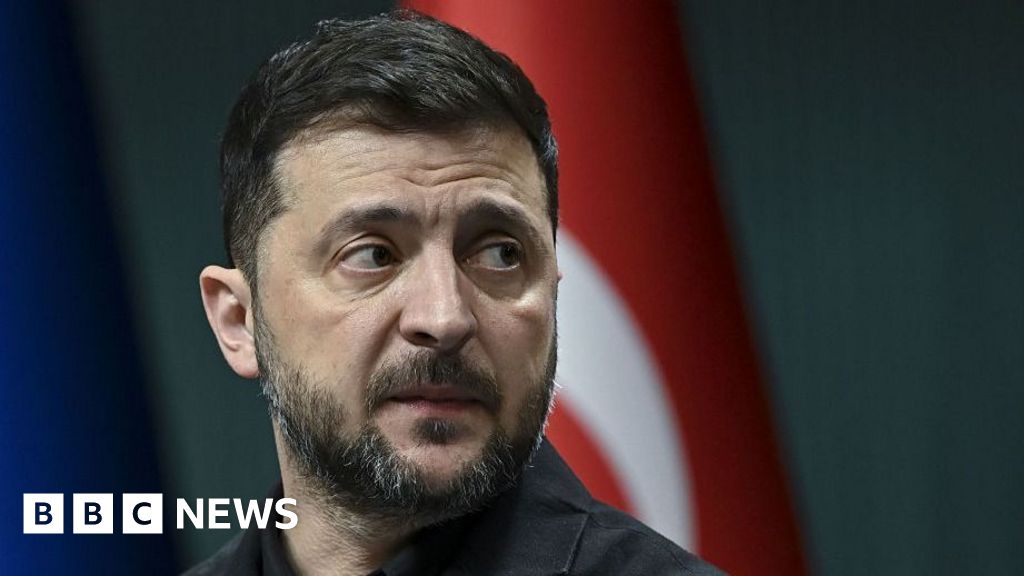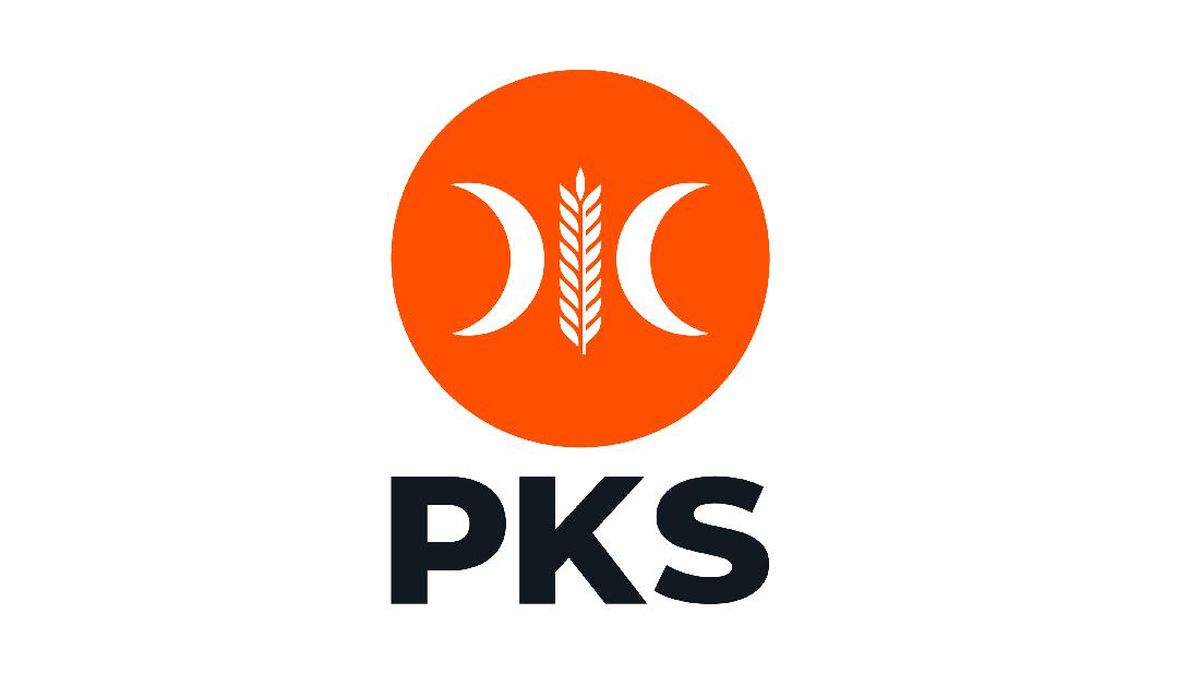By Tripp Mickle and Ana Swanson
November 21, 2025 — 6.25am
At a summit in South Korea last month, President Donald Trump halted a speech he was giving about how he was doing more than any other president ever to build data centres and employ American workers, and asked about a new friend.
“Jensen, who’s an incredible guy, he might be here,” Trump said of Jensen Huang, the CEO of chipmaker Nvidia. “I don’t even know. Is Jensen here? I think he’s around. Somebody said he’s here. How is he? Pretty good, right?”
Speaking at a conference in Washington within hours of Trump, Huang also had fond words for the president, praising the White House for dismantling regulations and encouraging investment in artificial intelligence. Trump had “completely changed the game” for artificial intelligence, Huang said. Then he jumped on a flight to try to join Trump in South Korea.

As Nvidia turned into America’s biggest company, chief executive Jensen Huang has grown close to the Trump administration.Credit: Bloomberg
Those mutual words of admiration spoke to what has arguably become the most important relationship between the Trump administration and the business world, an unlikely pairing of a Silicon Valley engineer turned mogul and a New York real estate mogul turned president.
Nvidia, which makes powerful computer chips that are essential to AI projects, has been one of the first US tech companies to follow through on promises to Trump to bring some of their manufacturing to America. And Trump, who closely watches how the stock market is performing, is keenly aware that Nvidia has become the most valuable publicly traded company in the world.
The company’s chips have also given the president a powerful bargaining lever with a variety of countries, including Saudi Arabia, Britain and China. They have even played a role, which has never been reported before, in the administration’s peace mediations between several nations.
AI and Nvidia have become a tool for American diplomats and a president who is trying to compile peace deals as he campaigns for a Nobel Prize.
Much as the United States offered nuclear technology in the 1950s to countries that agreed to use it peacefully, the Trump administration has discussed selling AI technology to countries that end conflicts, including Armenia and Azerbaijan, said two people familiar with the administration’s actions who spoke on condition of anonymity because of sensitivities around an emerging strategy.
In August, after the administration helped broker a peace agreement between Armenia and Azerbaijan, Michael Kratsios, director of the White House Office of Science and Technology Policy, met with officials from the countries about AI and future technological exchanges.
Mkhitar Hayrapetyan, minister of High-Tech Industry of Armenia, said that the cooperation on technologies started years ago, but that Trump and Armenian Prime Minister Nikol Pashinyan had brought the partnership to “a new level of development.”
Loading
Last week, Kazakhstan signed onto the Abraham Accords, a landmark agreement made during the first Trump administration to normalise ties between Israel and several majority-Muslim countries. The country also announced a $US2 billion ($3.1 billion) deal to develop AI data centres with Nvidia chips.
A US official said the Nvidia chips played a minor role in the talks. But their inclusion in the discussions show how AI and Nvidia have become a tool for American diplomats and a president who is trying to compile peace deals as he campaigns for a Nobel Prize.
Kush Desai, a White House spokesperson, acknowledged Trump’s relationship with Huang but said that “no single relationship defines the second Trump presidency.”
“President Trump has close personal relationships with countless business leaders across industries — relationships that are paying off for the American people as the administration works with businesses to secure historic deals,” he said.
John Rizzo, an Nvidia spokesperson, said the company supported Trump’s efforts to make more semiconductors in the United States. He added, “Nvidia has always worked to help the government understand our technology, but we do not determine US export policy.”
In his first term, Trump expressed similar fondness for Tim Cook, the CEO of Apple, which was then the most valuable publicly traded company in the world.

Donald Trump with Apple CEO Tim Cook in the Oval Office this year. Credit: AP
But the president was more focused on industries like steel and cars and appeared to have little interest in advanced technology, people close to him said.
That was before Nvidia’s chips became the one thing AI projects could not do without, and the soaring share price of Nvidia became an essential component of stock portfolios.
Huang has had good reason to cultivate a relationship with Trump. The president holds the keys to international and domestic regulation of Nvidia. He controls the licenses that allow Nvidia to sell to major markets like China, and can help the company’s customers get access to the electricity they need to power Nvidia’s chips.
White House policies have helped Nvidia accelerate its business. The company reported a quarterly profit of more than $US30 billion for the first time on Wednesday [Thursday morning AEDT], eclipsing the incomes reported by tech heavyweights such as Amazon and Apple.
Still, when Trump returned to the White House, his relationship with Huang was far from guaranteed. Huang had never spent much time in Washington and was among the few prominent tech executives to miss Trump’s inauguration in January.
About two weeks after the inauguration, Huang and the president struggled to connect as they met for the first time in the Oval Office, said three people briefed on the meeting who spoke on the condition of anonymity. A second encounter at Mar-a-Lago also went poorly, with Huang failing to dissuade the president from banning some Nvidia chip sales to China.
But this spring, their relationship began to blossom, after Huang pledged to invest heavily in US factories.
In late April, Huang announced at a White House news conference that Nvidia and its suppliers would invest $US500 billion in US manufacturing. Days later, he joined the president on his first international trip and helped facilitate more than $US200 billion of chip sales to Saudi Arabia and the United Arab Emirates.
Trump, who considered the deal a triumph, started calling Huang “my friend.”
“What a job you’ve done,” Trump said during a speech in Saudi Arabia. “We are proud to have you in our country.”
The Middle East deals provided a template for using AI chips as a tool of foreign policy, said the two people familiar with the administration’s strategy. For years, the government has strengthened diplomatic ties with countries by selling US products such as Boeing planes. But the Trump administration began to fold in AI chips and partnerships.
Loading
What also endeared Huang to Trump was Nvidia’s willingness to go along with the president’s interventionist approach to big business, some of these people said. In August, Trump suggested that the US government take a cut of its chip sales to China, and Huang agreed.
The global demand for Nvidia’s chips has made Huang one of Trump’s regular travelling companions. Before a state dinner in Britain this fall, Trump mused that AI “is taking over the world.” He then turned to Huang.
“You’re taking over the world, Jensen,” he said, as he and Prime Minister Keir Starmer of Britain signed a “Tech Prosperity Deal.” “We both hope you’re right.”
As he has become close to Trump, Huang has worried officials in Washington, including some of the president’s closest advisers, by downplaying the national security risk of giving cutting-edge chips to China. He has argued that the alternative — Chinese companies building something just as good — would be far worse.
In late October, Huang returned to the Oval Office and presented Trump with a shiny reflective silicon disk — among the first examples of Nvidia’s new AI chip made in Arizona. It was a marked contrast from Trump’s experience with Apple, which had promised for years to invest in the US but never made a marquee product domestically.
Loading
The gift came as Huang was lobbying the president to allow Nvidia to sell a version of its more advanced chip, known as the Blackwell, to China. The company also wanted Trump to help remove other barriers to its business there.
A few days later, as the president flew to South Korea to meet with Chinese President Xi Jinping, Trump ignited a firestorm by musing about selling advanced chips to China. “We’ll be speaking about the Blackwell,” he told the news media on October 29.
The statement drew swift rebukes from lawmakers and Trump’s own advisers. Cabinet officials, including Secretary of State Marco Rubio, raised objections to the sales for national security reasons, said two US officials familiar with the discussions.
By his return flight, Trump appeared to have reversed himself. He said that he and Xi had discussed chips, but “not the Blackwell.” In an interview with “60 Minutes,” Trump said that nobody would have “the most advanced” chips “other than the United States.”
The incident provided a snapshot of the limits of Huang’s bond with the president. And it showed that national security-related fears of China catching up to the US in the race to build AI can still, for now, outweigh the financial prospects of the companies that make that technology.
This article originally appeared in The New York Times.
The Market Recap newsletter is a wrap of the day’s trading. Get it each weekday afternoon
Most Viewed in Business
Loading


